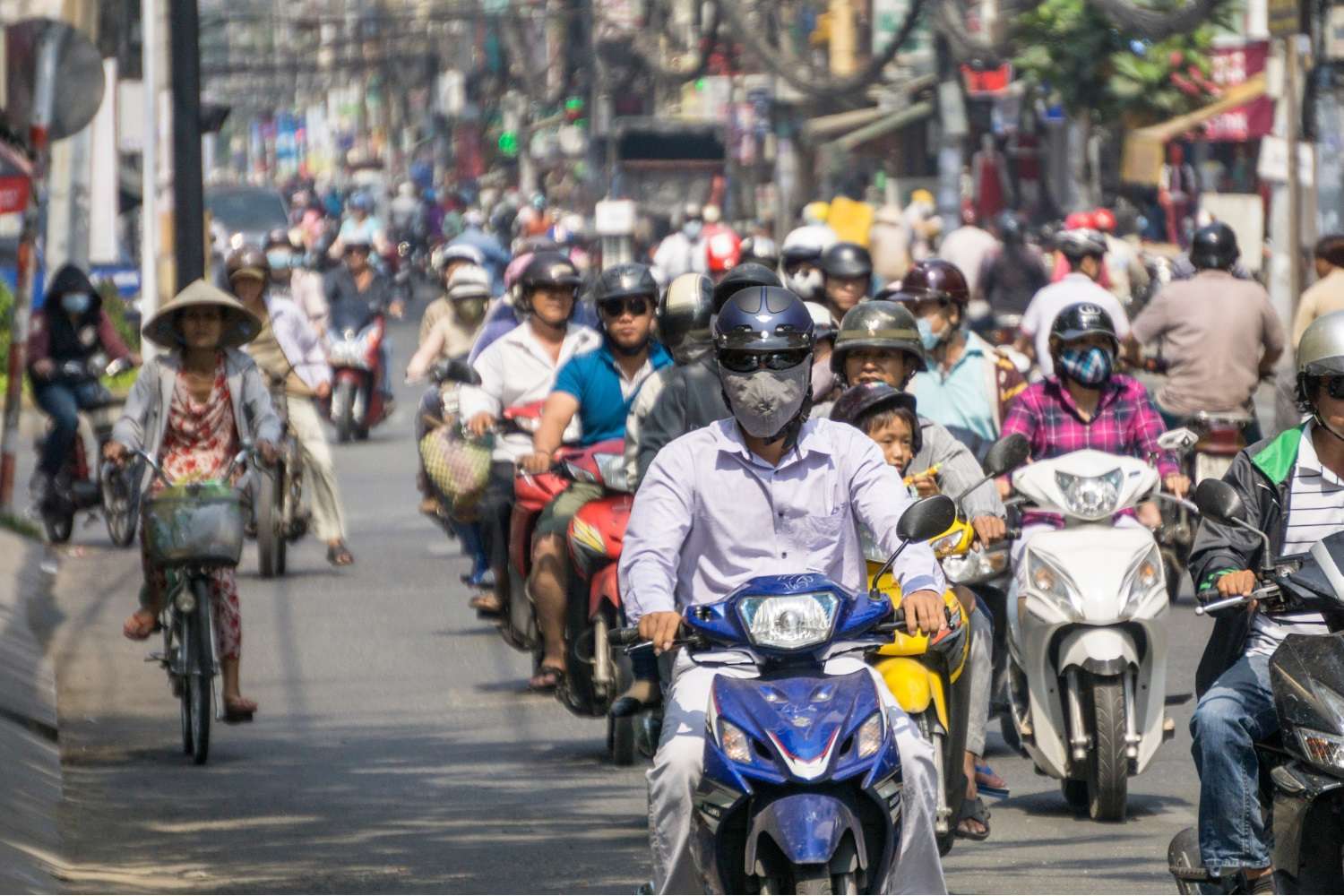The latest business confidence survey from EuroCham Vietnam and Decision Labs is out. It shows that confidence among European businesses operating in Vietnam is showing signs of resilience as the latest Business Confidence Index (BCI) from the European Chamber of Commerce in Vietnam (EuroCham), conducted by Decision Lab, reached 46.3 in the fourth quarter of 2023. While this uptick signals gradual stabilisation, it’s vital to highlight that the BCI has remained below the midpoint since Q4 2022. Notably, over one-third of businesses anticipate underperformance, underlining a cautious outlook amid persistent market weaknesses.
EuroCham Chairman Gabor Fluit commented on this development, saying, ‘There’s definitely a positive trend underway. While we still have a long way to go for a full recovery, businesses are feeling more hopeful.” He added, ‘The European business community is increasingly optimistic that the most challenging economic period is now behind us.’”
To read the full Q4 2023 Business Confidence Index report, click here.
Are you considering how to get the most out of your business in Vietnam? ASIA-CONNECT is here to assist. We are deeply rooted in Vietnam and have the most experienced and smartest interim executives in our talent pool. Please book a call and let us understand more about your opportunities and challenges.
Vietnam’s rising star in global investment.
In Q4 2023, Vietnam’s investment hotspot status increased significantly. An impressive 62% of those surveyed ranked Vietnam among their top ten global investment destinations, with 17% placing it at the very top. This strong endorsement is matched by 53% of respondents anticipating increased foreign direct investment in Vietnam by the end of Q4.
The survey also highlights Vietnam’s strategic position in the ASEAN region. While only a small fraction (2%) consider it an ‘industry leader’, a noteworthy 29% rank it among the ‘top competitive countries’ in ASEAN. The majority (45%) view Vietnam as a competitor, albeit acknowledging certain challenges. This perspective emphasizes Vietnam’s growing influence and potential for further advancement within the ASEAN economic landscape.
Vietnam’s workforce: an assessment of proficiency and availability
The survey sheds light on the European business community’s nuanced assessment of Vietnam’s workforce. The statistics reveal a complex picture: while 32% of respondents recognise good proficiency in the workforce, this number indicates that a majority perceive room for improvement in skills and expertise. Similarly, the 24% satisfaction rate regarding workforce availability suggests that while there is a pool of talent, it might not fully align with the specific requirements or scale desired by international businesses.
The findings also show that 40% of respondents view Vietnam’s workforce as moderately proficient, indicating a blend of basic and intermediate skills. In addition, 50% rate the workforce’s availability as moderate, reflecting some challenges in finding qualified candidates. These results suggest that further development and training could enhance workforce proficiency and availability to better meet the demands of the global market.
Vietnam’s regulatory challenges and opportunities
Through the survey, valuable insights emerge regarding the regulatory challenges perceived by the business community in Vietnam. Topping the list, a significant 52% of respondents identify ‘administrative burdens and bureaucratic inefficiencies’ as one of the top three hurdles, spotlighting the impact of red tape on business operations. Following this, 34% of businesses highlight ‘unclear and variably interpreted rules and regulations’ as a major challenge, emphasising the need for clarity and consistency in legal frameworks.
Securing necessary licences, permits, and approvals is a concern for 22% of respondents, pointing to procedural barriers in business activities. Moreover, 20% cite the ‘lack of qualified local expertise in specialised fields’ as a critical issue, suggesting a talent gap that needs addressing. Furthermore, 19% of companies find ‘visa regulations, work permits, and labour rules for foreign employees’ challenging, reflecting the complexities of managing an international workforce under the current legal system.
On the solutions front, the survey highlights key areas for improvement to boost Vietnam’s attractiveness for FDI. A notable 54% of respondents call for ‘administrative and bureaucratic streamlining’, indicating that easing bureaucratic processes could significantly enhance the business environment. Additionally, 45% stress the importance of ‘strengthening the legal system and regulatory environment,’ while 30% see ‘infrastructure development, including roads, ports, and bridges,’ as essential for FDI attraction.
EU-Vietnam Free Trade Agreement: gains and challenges in 2023
In 2023, the potential of the EU-Vietnam Free Trade Agreement (EVFTA) was increasingly realised by businesses. By Q4, a significant 27% of companies reported experiencing ‘moderate’ to ‘significant’ benefits from the agreement, a marked increase from just 18% in Q2. The foremost advantages of EVFTA were ‘tariff reductions or eliminations’ (42%), ‘increased market access to Vietnam’ (27%), and ‘improved competitiveness in Vietnam’ (25%), indicating substantial economic impacts.
However, the survey also reveals challenges in fully leveraging EVFTA’s potential. About 13% of respondents cited ‘Uncertainty or lack of understanding of the agreement’ as a primary obstacle, suggesting a need for more clarity and education around the agreement’s provisions. On top of that, 9% pointed to ‘Opaque and lengthy customs clearance procedures’ as a hindrance, highlighting inefficiencies that could dampen the benefits of the trade agreement.



